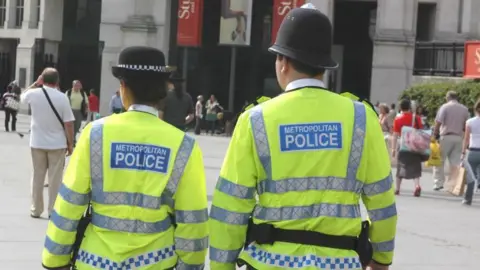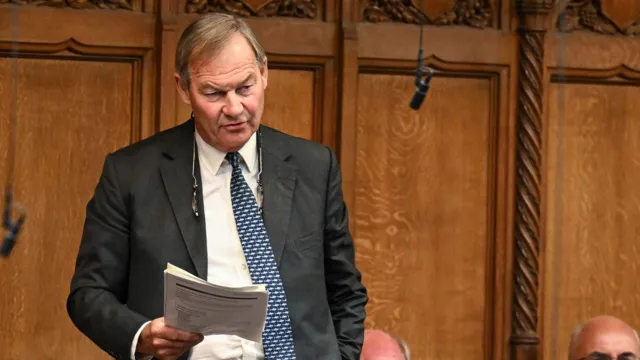Government to Empower Police Chiefs with Power to Dismiss Unfit Officers Following Sarah Everard Case
The government is implementing significant reforms aimed at bolstering public confidence in policing by granting police chiefs the authority to automatically dismiss officers who fail background checks. This move, announced on Wednesday and slated for implementation next month, responds directly to concerns raised following the 2021 murder of Sarah Everard by Wayne Couzens, a Metropolitan Police officer. The independent report into Ms. Everard’s death highlighted critical failings in police vetting procedures and demanded a fundamental review.
The new legislation will establish passing background checks as a legal requirement for all serving officers, fundamentally altering the existing system where, in certain circumstances, officers who do not successfully complete vetting can remain employed on full pay despite being barred from public-facing roles. This practice, characterized by Metropolitan Police Commissioner Sir Mark Rowley as ‘absurd’ and a ‘ridiculous waste of taxpayers’ money,’ has seen 29 officers and staff placed on special vetting leave receiving their full salary and pension benefits – a total cost to the taxpayer estimated at millions annually. A recent High Court ruling further exacerbated the issue, confirming that the Metropolitan Police lacked the legal power to dismiss Sgt. Lino Di Maria, an officer accused of rape, due to an unlawful dismissal process that denied him a fair opportunity to defend himself against allegations.
The current vetting model for new and present officers includes thorough background checks encompassing criminal records, behavioural assessments, financial scrutiny, and investigations into close associates. Recent audits within the Metropolitan Police revealed over 400 previously undisclosed instances of misconduct linked to serving officers, including offenses such as theft, fraud, and drug-related activity. This highlights a significant gap in existing vetting processes.
Home Secretary Yvette Cooper emphasized the ‘essential’ nature of these reforms, stating that “It is simply not acceptable that officers who are clearly unfit to serve or pose a risk to their colleagues cannot be removed.” She highlighted the need to restore public trust and acknowledged past failures to uphold police standards. The National Police Chiefs’ Council lead for vetting, Chief Constable Alex Franklin-Smith, supported the changes, emphasizing that they provide ‘clear routes for action to remove individuals who fall below the high standards the public and our workforce rightly expect and deserve.’
Furthermore, the reforms aim to address a critical legal loophole exposed by the High Court case. Sir Mark Rowley stated that “These reforms close that glaring gap in the law and will allow us to move swiftly to remove those who have no place in policing,” arguing it is ‘never right’ that an officer could lose their vetting but retain their employment. This shift is intended not only to protect the public but also to bolster morale among honest, dedicated officers.
The government’s broader policing reforms include strengthening measures regarding the suspension of officers under investigation for violence against women and girls and ensuring automatic dismissal for certain criminal convictions. The implementation of these changes represents a significant step towards accountability and restoring public confidence in law enforcement.










Post Comment